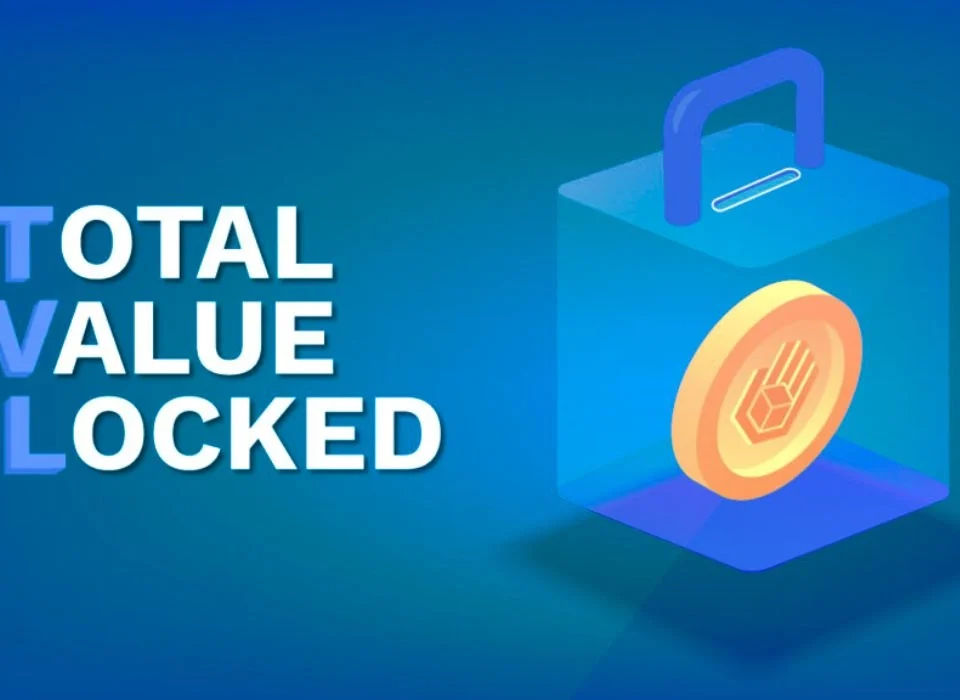
The Role of Cryptocurrencies in Emerging Markets
20/07/2024
How to Use Crypto Trading Bots
26/07/2024How to Use Cryptocurrency for Everyday Purchases
Cryptocurrency has evolved from a niche technological curiosity to a legitimate means of exchange and store of value. As the adoption of cryptocurrencies continues to grow, more people are exploring how to use digital assets for everyday purchases. This comprehensive guide will walk you through the process of using cryptocurrency for daily transactions, from understanding the basics to making your first purchase.

Introduction to Using Cryptocurrency
What is Cryptocurrency?
Cryptocurrency is a digital or virtual currency that uses cryptography for security and operates on a decentralized network called a blockchain. Bitcoin, the first and most well-known cryptocurrency, was introduced in 2009. Since then, thousands of cryptocurrencies have been developed, including Ethereum, Litecoin, and Ripple.
Why Use Cryptocurrency for Everyday Purchases?
Using cryptocurrency for everyday purchases offers several benefits:
- Security: Transactions are secured by cryptographic principles.
- Lower Fees: Reduced transaction fees compared to traditional banking and credit card systems.
- Global Accessibility: Can be used anywhere with internet access, promoting financial inclusion.
- Privacy: Enhanced privacy for transactions compared to traditional payment methods.
Getting Started with Cryptocurrency
Choosing a Cryptocurrency
While Bitcoin is the most widely recognized cryptocurrency, others like Ethereum, Litecoin, and stablecoins (e.g., USDC, Tether) are also popular for transactions. Each cryptocurrency has its own advantages and use cases, so it’s essential to choose one that fits your needs.
Setting Up a Digital Wallet
A digital wallet is essential for storing, sending, and receiving cryptocurrencies. Wallets come in various forms, including mobile apps, desktop software, hardware devices, and online platforms.
Types of Wallets
- Mobile Wallets: Convenient for everyday use and accessible via smartphone apps (e.g., Trust Wallet, Coinbase Wallet).
- Desktop Wallets: Software installed on your computer, offering more security than mobile wallets (e.g., Exodus, Electrum).
- Hardware Wallets: Physical devices that provide the highest level of security (e.g., Ledger Nano S, Trezor).
- Online Wallets: Web-based wallets accessible through a browser, suitable for quick access (e.g., Blockchain.info, MetaMask).
Purchasing Cryptocurrency
You can purchase cryptocurrency through exchanges, which are platforms that facilitate the buying, selling, and trading of digital assets. Popular exchanges include Coinbase, Binance, Kraken, and Bitstamp. Follow these steps to buy cryptocurrency:
- Create an Account: Sign up for an account on a reputable exchange.
- Verify Your Identity: Complete the necessary KYC (Know Your Customer) procedures.
- Deposit Funds: Deposit fiat currency (e.g., USD, EUR) or another cryptocurrency into your exchange account.
- Buy Cryptocurrency: Choose the cryptocurrency you want to buy and place an order.
Using Cryptocurrency for Everyday Purchases
Finding Merchants That Accept Cryptocurrency
The number of merchants accepting cryptocurrency is growing. You can use websites like CoinMap, Spendabit, and Cryptwerk to find businesses that accept digital currencies. Categories include retail stores, restaurants, online services, and more.
Payment Methods
Direct Payments
Some merchants accept direct cryptocurrency payments using their wallet addresses. To make a payment:
- Scan the QR Code: Use your wallet app to scan the merchant’s QR code.
- Enter the Amount: Specify the amount to be sent.
- Confirm the Transaction: Review the details and confirm the transaction.
Payment Processors
Payment processors like BitPay, CoinGate, and Coinbase Commerce allow merchants to accept cryptocurrency without handling the digital assets directly. These services convert cryptocurrency into fiat currency, reducing volatility risk for merchants.
Cryptocurrency Debit Cards
Cryptocurrency debit cards, such as those offered by Crypto.com, Binance, and BitPay, allow you to spend your digital assets anywhere that accepts traditional debit cards. These cards automatically convert your cryptocurrency into fiat currency at the time of purchase.
Everyday Purchases with Cryptocurrency
Online Shopping
Many online retailers now accept cryptocurrency. For example, Overstock, Newegg, and Shopify merchants support Bitcoin and other digital currencies. Use the payment options at checkout to select cryptocurrency as your payment method.
Food and Dining
Several restaurants and food delivery services accept cryptocurrency. Platforms like Takeaway.com and select Domino’s locations enable you to pay with Bitcoin and other cryptocurrencies.
Travel and Accommodation
Travel agencies and accommodation providers such as Expedia, Travala, and CheapAir accept cryptocurrency for bookings. Use these platforms to pay for flights, hotels, and car rentals with digital assets.
Gift Cards
If a merchant does not directly accept cryptocurrency, you can use services like Bitrefill and Gyft to purchase gift cards with your digital assets. These gift cards can then be used at a wide range of retailers, including Amazon, Starbucks, and Walmart.
Managing Transactions and Security
Keeping Track of Your Spending
Use a cryptocurrency wallet that provides transaction history and balance tracking. Some wallets also offer budgeting and expense tracking features to help you manage your spending.
Protecting Your Assets
- Use Strong Passwords: Ensure your wallet and exchange accounts are protected with strong, unique passwords.
- Enable Two-Factor Authentication (2FA): Add an extra layer of security by enabling 2FA on your accounts.
- Regular Backups: Regularly back up your wallet and store the backup in a secure location.
- Be Cautious with Public Wi-Fi: Avoid conducting transactions over unsecured public Wi-Fi networks.
Understanding Fees
Be aware of transaction fees when using cryptocurrency. These can vary depending on the network and the wallet or exchange you use. Factor in these fees when making purchases to ensure you are getting the best value.
Future of Cryptocurrency in Everyday Transactions
Increasing Adoption
As more businesses and consumers become comfortable with cryptocurrencies, their use in everyday transactions is expected to grow. Innovations in payment processing and increasing regulatory clarity will drive adoption.
Technological Advancements
Advancements in blockchain technology, such as faster transaction speeds and lower fees, will make cryptocurrencies more practical for everyday use. Layer 2 solutions like the Lightning Network for Bitcoin and Ethereum’s planned upgrades aim to improve scalability and efficiency.
Enhanced User Experience
User-friendly wallets and payment solutions will make it easier for non-technical users to adopt cryptocurrencies. Integrations with traditional banking systems and fintech applications will also bridge the gap between digital and fiat currencies.
Conclusion
Using cryptocurrency for everyday purchases offers numerous benefits, including lower fees, enhanced security, and global accessibility. By following the steps outlined in this guide, you can start using digital assets for your daily transactions confidently. As the ecosystem continues to evolve, cryptocurrencies will likely become an even more integral part of our financial lives, providing new opportunities for innovation and financial inclusion. Whether you’re buying groceries, booking a vacation, or shopping online, cryptocurrencies offer a versatile and modern way to pay.



